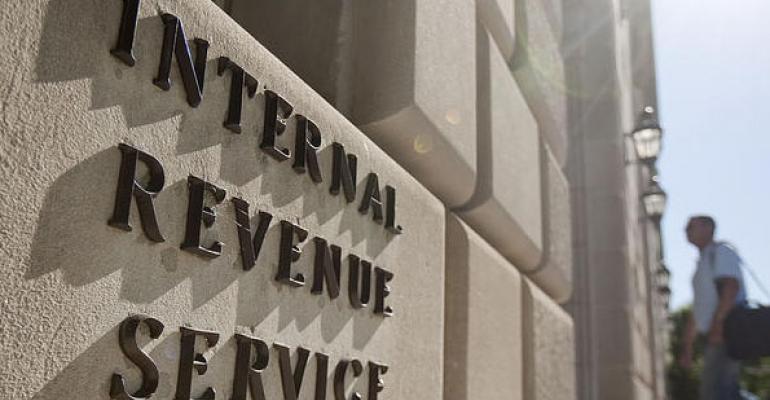Practitioners should be paying close attention to tax issues impacting the cryptocurrency industry, according to a recent presentation, “Navigating the Crypto Winter – Preparing for Cryptocurrency Regulation & Enforcement in Uncertain Times,” at the 15th Annual NYU Tax Controversy Forum on June 8, 2023, in New York City.
Regulation and enforcement relating to digital assets has taken some time, but with the influx of funding expected in the coming years to the Internal Revenue Service, it’s expected that the agency will be cracking down on taxpayers who evade reporting and paying taxes on digital asset transactions.
As a primer, cryptocurrency, non-fungible tokens and other similarly recognized digital assets are classified as property for federal tax purposes and are subject to the same general tax principles. Transactions involving a digital asset are generally required to be reported on a tax return. The IRS has issued guidance on the tax treatment of transactions involving digital assets. While the guidance is rather straightforward on what type of transactions are taxable (as capital gains or income), the speakers spend some time focusing on open issues when it comes to crypto losses.
Open Issues
The speakers started by explaining the various economic loss events for digital assets, including the sale or exchange of the digital asset, abandonment, worthlessness and a distressed or bankrupt crypto exchange. The speakers emphasized that “merely because an event has occurred that appears to crystalize an economic loss on a digital asset does not mean that the loss is realized, recognized, and otherwise allowable for US tax purposes.” The discussion also focused on some of the shortfalls of the IRS, such as whether they’re really able to monitor crypto transactions (spoiler: the IRS probably won’t have much luck with decentralized finance [DeFi] transactions) and how the IRS can definitively know a taxpayer transferred assets to someone else and not just to another account they own. Other unique situations also discussed were what happens when a taxpayer loses a key to a digital wallet only to later find it, how likely is the IRS to go after someone who made a reasonable effort to report when there are so many non-reporters out there and how to characterize staking (as ordinary income or capital gain?) Staking is when you lock crypto assets for a set period of time to help support the operation of a blockchain and earn staking rewards for doing so—the panelists compared it to earning interest but explained that it’s mechanically different.
Enforcement
After laying out the open issues, the conversation shifted to why this is important for practitioners. It was reiterated that the IRS will continue bolstering its enforcement in this space, leading to more audits. The agency has already updated Form 1040 for the 2022 tax year, asking taxpayers to disclose any transactions of digital assets. Recent enforcement efforts include a successful conviction for conspiracy to launder cryptocurrencies and a court order requiring a bank to produce information concerning U.S. taxpayers who might have failed to report crypto transactions.
Follow-Up Steps
One important takeaway from the presentation is to advise clients to track digital assets and all related information by evaluating what they’ve bought and sold. Find out if your client is involved with any DeFi and warn clients that the IRS is taking digital asset reporting very seriously and that it’s critical they self-report gain/loss even if they don’t receive a Form 1099 or a transaction report from an exchange. Lastly, advise clients that crypto isn’t as anonymous as they might think. The IRS is already engaging third parties to help it follow digital asset transactions using forensic tracing of the blockchain and is working quickly to enhance its other compliance capabilities. While there still aren’t robust know your customer and anti-money-laundering policies in place in the crypto space to help fight money laundering and tax evasion, it won’t be long before the IRS beefs up its auditing and clients end up in the hot seat if they’re not careful.





